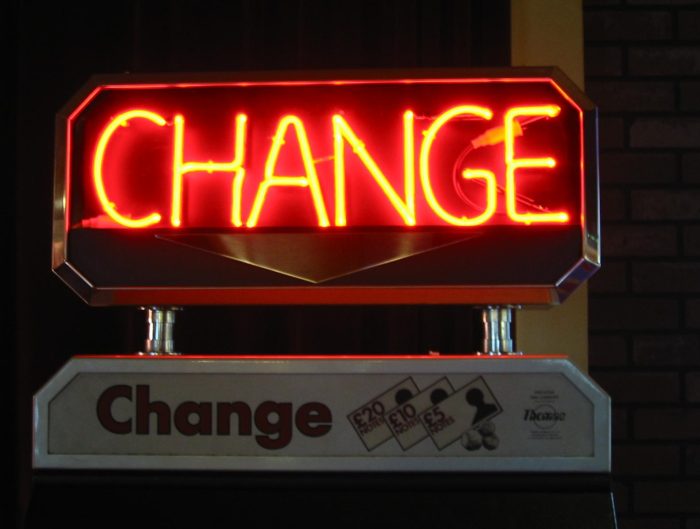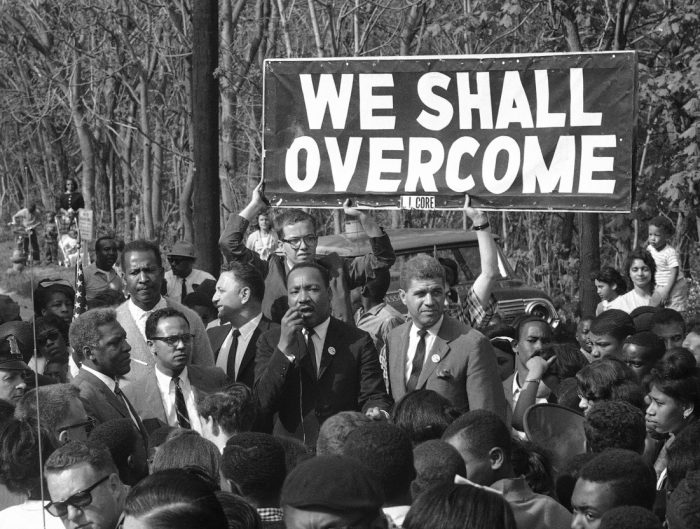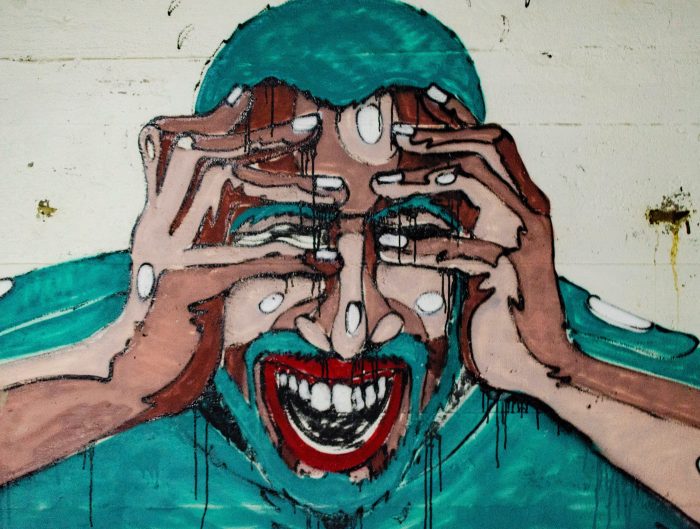 I am angry and despondent. The world seems to be going to hell: blacks shot by police, a fascist with a chance to become President of the United States, myriad terrorist attacks, civil war in Syria, an attempted coup d’état, Brexit, growing income inequality–watch enough news and you get the visceral sense that things are spiraling out of control. All of this breeds fear, and fear opens the door for tyrannical tendencies to take root in society: far right political parties are in the ascendancy throughout Europe, an ominous sign given that continent’s violent history, and of course Donald Trump’s campaign has all the hallmarks of a strongman-in-the-making.
I am angry and despondent. The world seems to be going to hell: blacks shot by police, a fascist with a chance to become President of the United States, myriad terrorist attacks, civil war in Syria, an attempted coup d’état, Brexit, growing income inequality–watch enough news and you get the visceral sense that things are spiraling out of control. All of this breeds fear, and fear opens the door for tyrannical tendencies to take root in society: far right political parties are in the ascendancy throughout Europe, an ominous sign given that continent’s violent history, and of course Donald Trump’s campaign has all the hallmarks of a strongman-in-the-making.
So what are we to do? The natural response is vitriol and hatred: hatred against gays, against Muslims, against police, against the other political party. A look at some of my recent social media posts captures the phenomenon just fine; on June 5 I wrote this about Trump (in reference to his saying that a Mexican-American judge is biased by dint of his being Mexican-American): “Has half this country completely lost its mind?…You [Trump] are a batshit crazy racist, fascist clown worthy of nothing but derision and contempt.”
There are a few problems with this cycle of derision. First, my post did nothing but make those who already agree with me, agree with me. Second, it served to further reduce the possibility of dialogue between myself and those with whom I strongly (really, really, strongly and existentially) disagree. And third, it riled me up, a state of being that is incompatible with clear thinking and positive action.
—
Contrary to what many people believe, nonviolence is not the exclusive domain of saints who passively accept the violence of others. No, nonviolence is a specific tactic used to actively and strategically highlight, oppose, and overturn social and environmental justice. There is, however, a division among those who practice nonviolence: some believe that it is a tool in the justice toolkit, while others believe that it is also a philosophy and way-of-life. The difference is this: if it is a tool, then it can be swapped for other tools as needed; but if it is a way-of-life, then not only is it the only tool, it must also change the way the practitioner thinks, feels, and acts.
Not only is Nonviolent Direct Action the only tool that can successfully right wrongs, it is also the only philosophy that can result in successful campaigns. Why? Let’s go back to my expletive-laden Facebook post and consider it in the context of the following quote from Martin Luther King. Speaking about the Montgomery Bus Boycott, he said that “Another thing we [the protestors] had to get over was the fact that the nonviolent resister does not seek to humiliate or defeat the opponent but to win his friendship and understanding.”
Think about that. He’s saying that the goal of the campaign, in addition to ensuring that blacks did not have to sit at the back of the bus, was to win over to their side those who, if not actively engaged in oppressing those very same blacks, were willing bystanders to Jim Crow and the attendant lynchings, beatings, and the like. Now why was this so important to him? Simply put, because it would be a pyrrhic victor to gain a right without doing anything to address the vile racism that had made it necessary to fight for that right to begin with. Put another way, a world in which blacks could sit on buses next to whites who harbored deep hatred of them because of the color of their skin would still be a world in which blacks faced other forms of discrimination and violence.
The same rules apply today. For instance, while I’ve written that we must ensure that Donald Trump does not become president because were he to win the nation would be on a slipper slope to totalitarianism, we must also remember that even if he is defeated, nearly half the electorate will hav e voted for him. In other words, the result of the election will do nothing to address the deep divisions in this country, and as much as we would like the avoid this fact, the winner of an election cannot avoid the necessity of working with the other party.
e voted for him. In other words, the result of the election will do nothing to address the deep divisions in this country, and as much as we would like the avoid this fact, the winner of an election cannot avoid the necessity of working with the other party.
This is hard. I believe that George W. Bush is a war criminal without whose intervention in Iraq there would be no Syrian civil war and no ISIS. I believe that Trump is a fascist and a disgusting human being, and that the millions of people who support him are either moronic, ignorant, racist, or a combination thereof. But no matter how strongly I believe in and feel these things, it is incumbent on me to proceed, not with an attitude of hate but with an attitude of love. Why? Because from a strategic and practical standpoint, there is no other way.
The balance that must be struck is between doing everything in our power to make the world a better place without alienating those who are guardians of the unjust world order. Those who are anti-choice, anti-gay, anti-poor, and anti-militarism aren’t going away. Let me repeat that: those with whom we disagree are not going away, so unless we intend to kill all of them are banish them to a lonely island, we have to contend and, yes, work with them.
One of my favorite sayings is that it does no good to hate those who hate; instead, one must “hate hate.” In Dr. King’s masterpiece Letter From A Birmingham Jail, he writes that “In any nonviolent campaign there are four basic steps: collection of the facts that determine whether injustices exist; negotiation; self purification; and direct action.” Clearly we have been most remiss in the self purification, or self reflection, step.
For while we have all the data, have advocated for policies, and engaged in protest, I fear that our end game has been to win the campaign but not the war. And winning a war that does not lead to further strife means that the victors have to figure out what to do with the vanquished. A good example of this is in Iraq, where after our “victory” we proceeded to disband the Baathist party, a decision that alienated hundreds of thousands of civil servants who had never engaged in violence. Many experts argue that this set the stage for the brutal insurgency that later engulfed the country.
So let us transmogrify our righteous anger into effective action. Let us fight for justice with all our passion and wisdom and creativity without punching so hard that our victory is cut short by an opponent eager to get back up and counterpunch. This is why violent revolutions never last, and it is why absent love we can never bring about a lasting peace and a durable justice.




Leave A Reply